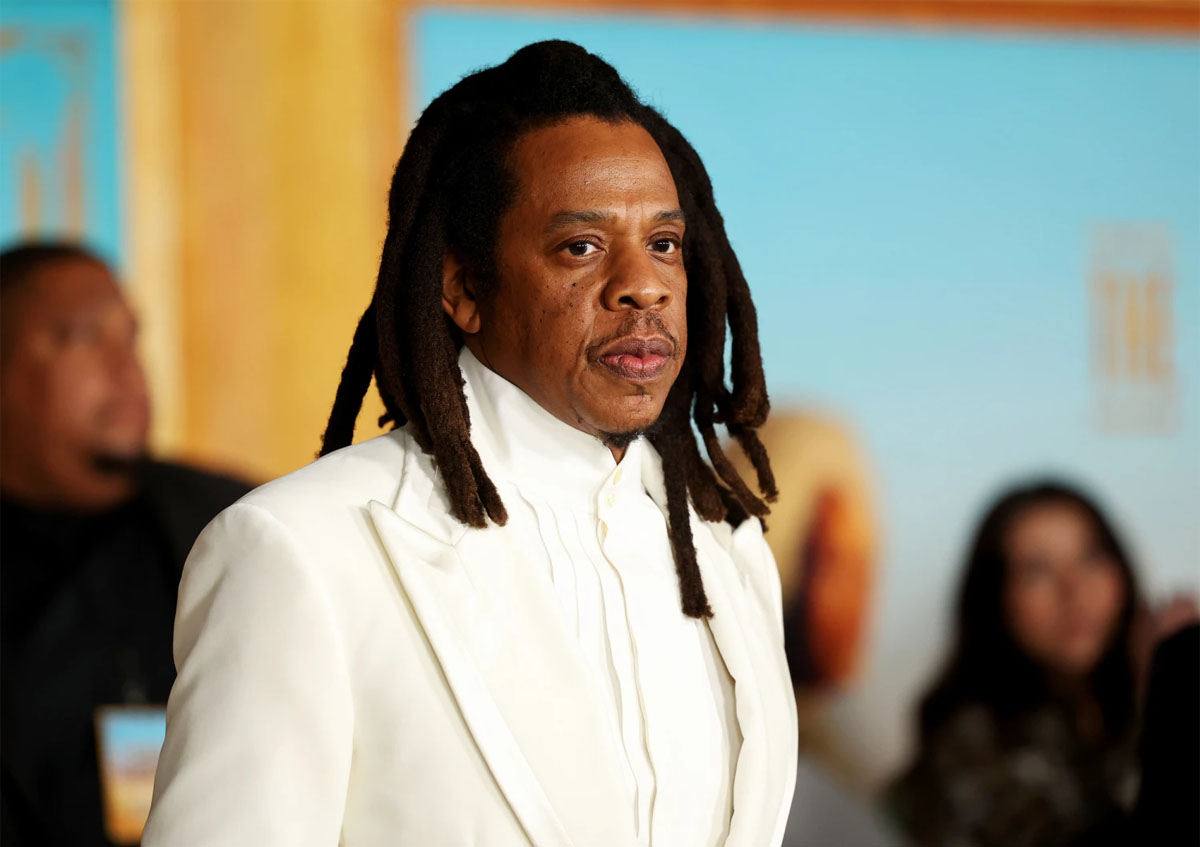
Photo Credit: Getty Images
Rapper Shawn Carter and Sean Diddy Combs are being accused of raping a 13 year old girl after the 2000 MTV video music awards. The lawsuit, which was originally filed in October and re-filed Sunday in New York to add Jay-Z to the list of defendants, alleges that the victim, identified only as a woman now living in Alabama, was raped by both men at a Video Music Awards after party.
The lawsuit alleges the girl went to the VMAs in New York City without a ticket hoping to get inside, but was instead invited to an after party by a limo driver who claimed to work for Combs. The limo driver allegedly drove her to the party, where she was told to sign something that she believes was a non-disclosure agreement, the lawsuit claims. She claims that after a few drinks, she started feeling “woozy and lightheaded.”
In a letter sent Monday to the judge overseeing the case, an attorney for Carter wrote, “For the avoidance of doubt, Mr. Carter is entirely innocent. This is a shakedown. He is not mentioned, referenced, or implicated in any way in the criminal investigation of Mr. Combs. He is neither a target nor a person of interest in that investigation.”
Teny Geragos, an attorney representing Combs, said in a statement, urging the judge to speed up the process of the lawsuit against him, “This amended complaint and the recent extortion lawsuit against Mr. Buzbee exposes his barrage of lawsuits against Mr. Combs for what they are: shameless publicity stunts, designed to extract payments from celebrities who fear having lies spread about them, just as lies have been spread
about Mr. Combs. As his legal team has said before, Mr. Combs has full confidence in the facts and the integrity of the judicial process. In court, the truth will prevail: that Mr. Combs never sexually assaulted or trafficked anyone—man or woman, adult or minor.”
Jay Z’s lawyer also went ahead to accused Tony Buzbee, the lawyer who helped filed the lawsuit, of amplifying unsubstantial allegations and harm Mr. Carter’s reputation. He continued, “Allowing plaintiff to proceed anonymously would deny Mr. Carter the fundamental right to confront his accuser, while simultaneously enabling plaintiff and her counsel to conduct a trial by media.”